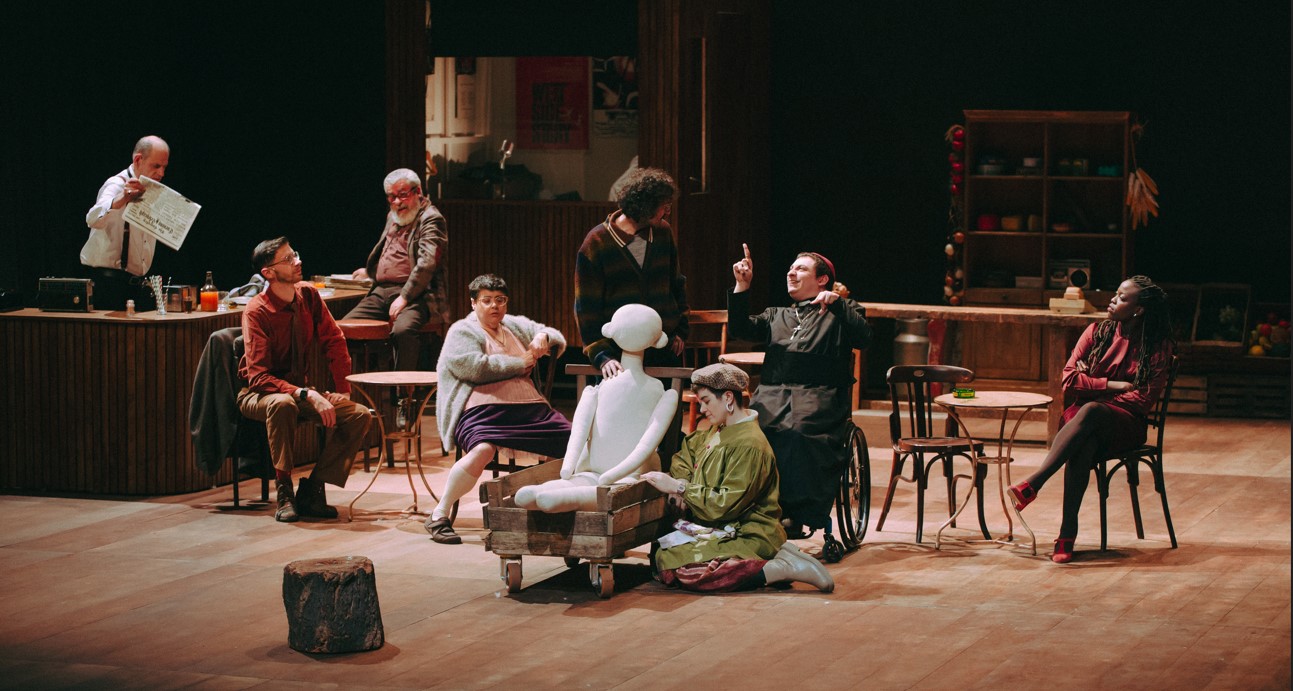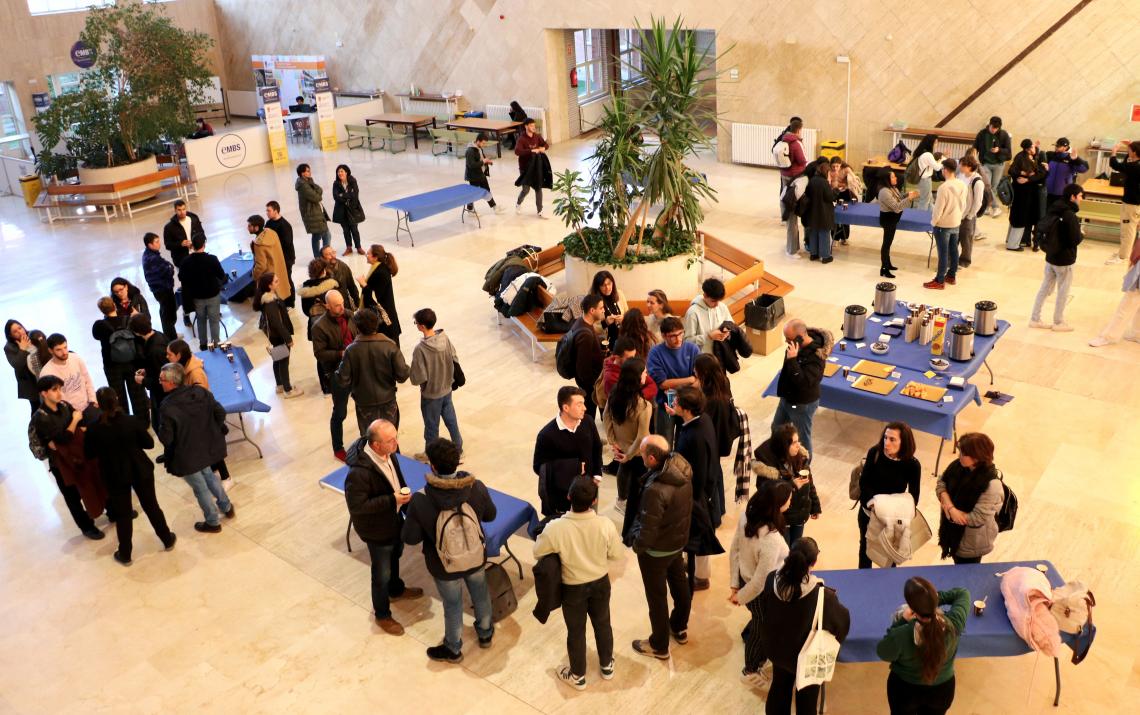The winner of the seventeenth Joan Guinjoan international award for young composers, organised by the Catalonia College of Music (ESMUC), with the cooperation of the Banco Sabadell Foundation, was Catalan composer Guillem Góngora. The award-winning piece was ‘Processus’, a piece composed with spectral harmonics and computer-generated material.
The death of Catalan composer Joan Guinjoan in January hung over this edition of the award of the same name. ESMUC, which has had close links to Guinjoan since its inception, wanted to pay homage this year to the quality of the work of this important figure. For this reason, the work of Guillem Góngora will be played for the first time in a tribute concert to Guinjoan held by ESMUC, which will take place at Sala 2 Oriol Martorell in L’Auditori de Barcelona on May 20th. The instrumental ensemble BCN216, which Guinjoan held in much admiration and to which he dedicated the piece of the same name, will perform Processus.
More about the award-winning piece
The composer, Guillem Góngora, born in Barcelona, began his graduate programme in music at ESMUC in 2012, after passing three entry tests, going on to achieve the top grade in his speciality of composition, where he studied under composers such as Bernat Vivancos and Mauricio Sotelo.
With ‘Processus’, a piece of musical exploration composed in 2016, Guillem Góngora sought to reflect his need for musical exploration, which led him to experiment with computer-generated material. The piece is structured with five different textures which, in the words of the composer, “are affected by transformational processes which jumble them together like a complicated puzzle”.
During the composition process, Góngora explains that he went through a period where he lacked ideas and felt alienated, probably because he was working with material and tools that had never been used before, as well as other non-music related reasons. That is why the title, ‘Processus’, also expresses “the path that finally led to the piece in question”.



